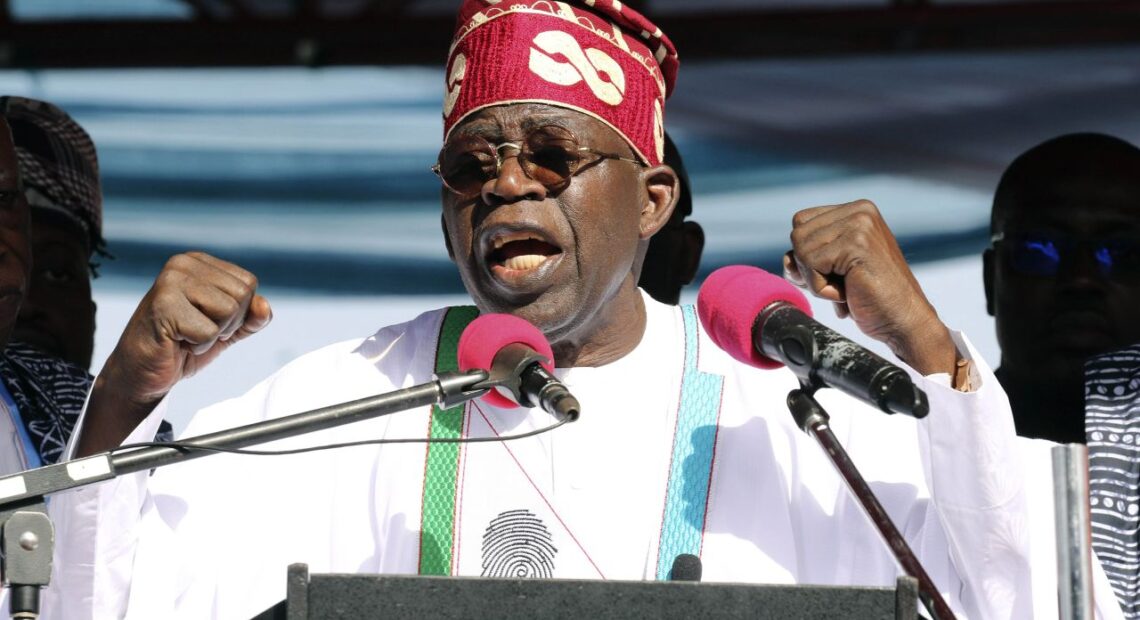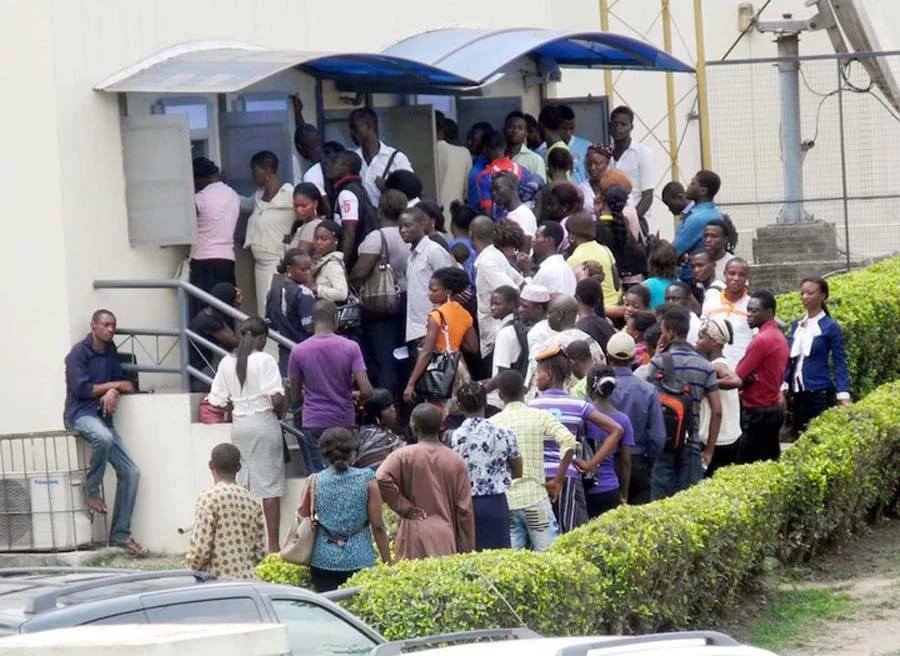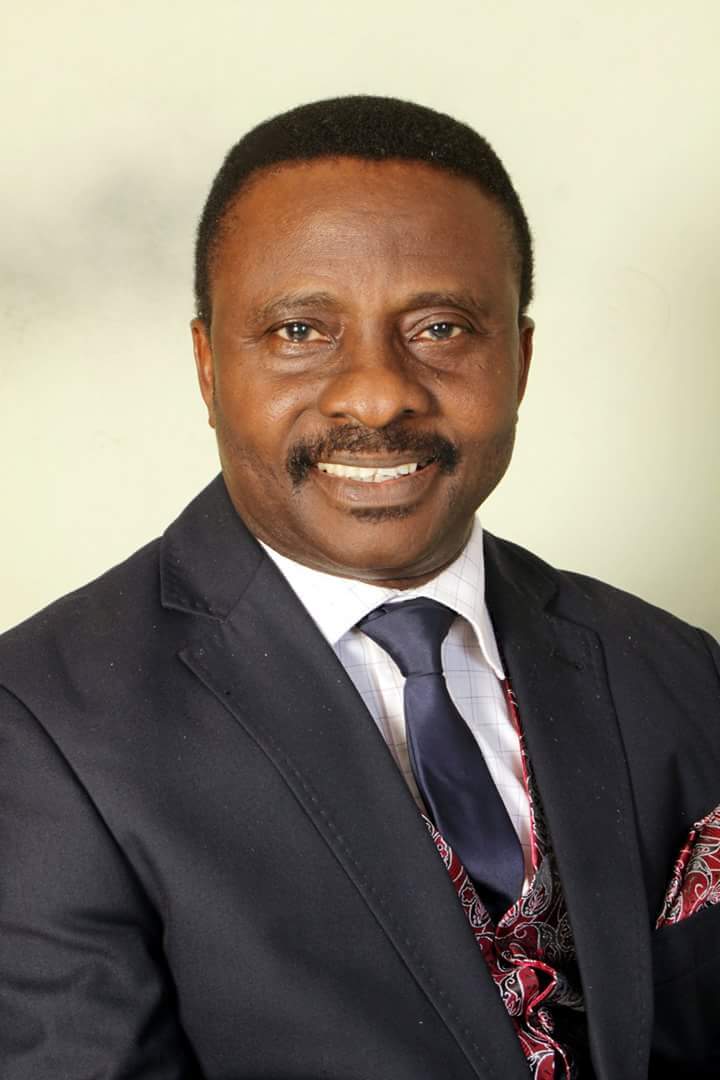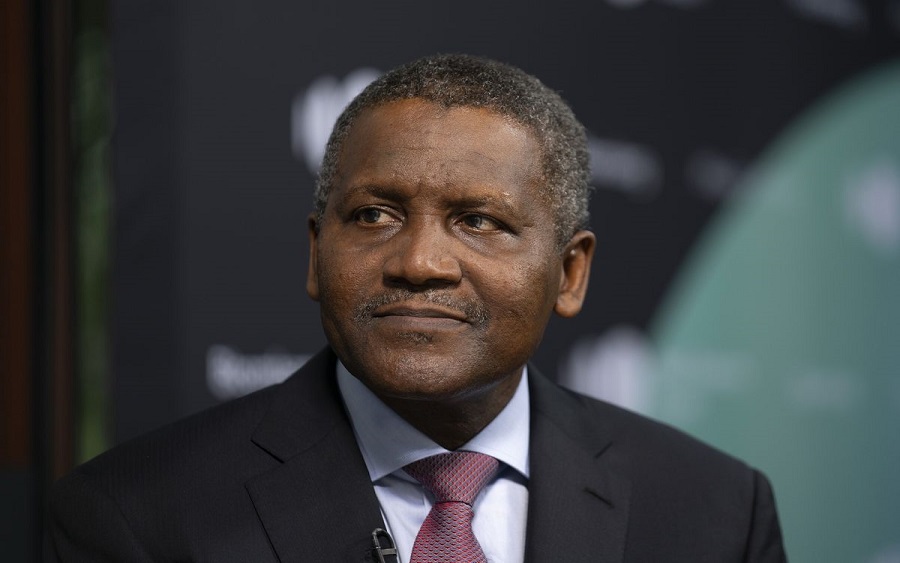‘How Tinubu will revive Nigeria’s economy’

Key Points:
-
Tinubu played a major role in reviving Lagos economy
-
The business community has confidence in Tinubu as a business friendly president-elect
-
He would need to tackle insecurity as a first step to active the agriculture sector and attract Foreign Direct Investment (FDI)
-
During his campaign he talked about activating the economic potential of each geopolitical zone
-
The president-elect must be prepared to fight corruption, if he must succeed in reviving Nigeria’s economy.
By Theophilus Abbah
If the Buhari regime contributed to Nigeria’s economic prosperity in the last eight years, all it did were undone and ruined by the ill-advised, unnecessary and poorly implemented cashless policy that crashed businesses and spread suffering. The fact that Nigerians could not access funds deposited in commercial banks was very costly; it dashed the confidence of the people on the financial sector; it has a backlash of discouraging Nigerians from depositing their funds in commercial banks.It is predicted that the economy will shrink into recession in the first quarter of 2023, no thanks to Buhari’s cashless policy. While the policy was being introduced, Nigeria Moody rating diminished, giving foreign investors the signal that the economy is not right for Foreign Direct Investment. Massive oil theft has made accruals to government to be channelled into private pockets of invisible public servants and security personnel vested with the task of securing the country’s oil resources. But Buhari, a retired army general, failed to lift a finger to arrest the economic saboteurs or the situation. Nigeria’s population is enlarging; unemployment at about 33 per cent is now unmanageable; poverty affects more than a half of the population, put at about 133 million; industries lack access to forex necessary for importation of raw materials; and inflation has hit record two digit.The staggering N77 trillion debt he is leaving behind could take over 40 years to repay.

Nigerians queuing for cash withdrawals at the ATM gallery
In spite of the gloomy economic outlook, Tinubu is confident that the situation could be redeemed for the better in record time. As a chartered accountant and financial consultant, the economy is Tinubu’s field of play. Taking advantage of being mainly a port city where economic activities would naturally thrive, Tinubu’s eight-year leadership as governor of Lagos state put the place in a position where it has become the 7th largest economy in Africa, and the first destination of choice for Foreign Direct Investment (FDI) in Nigeria. This is largely as a result of policy continuity, as successive governors of Lagos State, from Babatunde Fashola, to Akinwumi Ambode, and now Sanwo-Olu, have implemented what may be termed the master plan for Lagos’ economic development, crafted by or under Tinubu’s regime. This evidence of policy stability, relative security, and the huge population of Lagos State has made it like a beehive for investors. In spite of Lagos’ burgeoning population and man-hours wasted in traffic, the richest men in Nigeria have a lot of investments in the state, among them Africa’s richest man, Aliko Dangote, who has established one of the largest petroleum refinery in Africa in the coastal city.
As a chartered accountant and financial consultant, the economy is Tinubu’s field of play
Can Tinubu replicate Lagos in wider Nigeria? The secretary-general of the APC campaign council, James Faleke, is optimistic about Tinubu’s capacity to turn around the economy of Nigeria. He says, “We believe that if given the opportunity, a Tinubu presidency will turnaround the current economic situation for good by making it a producer-nation.” While on campaign in Kebbi State, in North-West, Tinubu made this pledge: “We will give you the best economy. We will help fishermen in the state to grow their business and the Argungu fishing festival will become a bigger business event.” In Owerri, Imo State, Tinubu talked about initiating industrial revolution, ostensibly to appeal to the tendency of the people of the South-East to engage in industrial production.
Tinubu has to his credit the unique achievement of stimulating Internally Generated Revenue (IGR) in Lagos State, out of being deprived of financial inflow from the Federation Account over a period of time under President Olusegun Obasanjo. However, his stupendous wealth is linked to a single digit percentage of tax that accrues to his company, Alpha-Beta, a tax consultancy outfit that provides services to Lagos State government. Beyond the ventures from tax and his fledgling media group, Tinubu is hardly seen as an industrialist per excellence, except he used family members and associates as fronts to acquire shares or invest in thriving industries in the South-West states. This, however, does not take away the credit he has earned from stimulating economic growth in the South-West.
Replicating economic growth in Nigeria, where bandits reign with violence and instability, forcing the farming population from their ancestral lands, and where sectional and ethnic agitators in the South-East and South-South have rendered the two geopolitical zones nearly ungovernable, may actually be a different ball-game. There cannot be economic growth in an atmosphere of violence, fear and social disharmony. The Tinubu presidency may not fulfil the promise of revamping the economy unless the dual issues of insecurity and ethnic agitations are decisively and conclusively dealt with.
Will fight against corruption die in Tinubu’s era?’
President Muhammadu Buhari is credited with the expression: “if Nigeria does not kill corruption, corruption will kill Nigeria,” but at the terminal point of his two-term of eight years as head of government, corruption is believed to have worsened, beating the records attained before 2015 when Buhari became president. Several theories have been postulated by those who have studied the features of corruption in Nigeria, but the bottom line is that the wealth of the country is siphoned into personal pockets, draining so much resources that public service has grown very lean and continue to stumble and collapse irredeemably. The disappointing anti-corruption record of the Buhari administration is encapsulated in the fact that the Accountant General of the Federation, Ahmed Idris, recruited to block leakages in government income and expenditure, was sacked for allegedly stealing about N180 billion, in 2022. Besides there are rumours that elements in The Presidency are head-deep in the game of corruption, amassing stupendous wealth, throwing their weight around, and taunting the nation with the supposition that there are invincible or untouchable.
If Nigeria does not kill corruption, corruption will kill Nigeria
Can Tinubu tame corruption or fight corruption? Not quite. Firstly, in 2011, the Code of Conduct Bureau (CCB) accused or even tried Tinubu for allegedly possessing foreign bank accounts, but the process was foiled. As a political heavy-weight in Nigeria, it may actually be difficult for any anti-corruption agency to prosecute Tinubu, if it has evidence of corrupt-practices against him. A former Attorney-General of the Federation and Minister of Justice, Bello Adoke, claimed in a 2017 interview that he actually frustrated steps to prosecute Tinubu, saying, “I argued that there are people in Nigeria that we just cannot afford to rubbish over anything.” In 2021, reports that the Economic and Financial Crimes Commission (EFCC) planned to resurrect Tinubu’s trial over corruption began to trend, but it was short-lived, as the move was perceived to be a ploy to frustrate Tinubu’s 2023 political ambition.
In the dirty campaign for the 2023 presidency, Tinubu and Atiku Abubakar’s associates traded accusations bordering on how corrupt the two front-line presidential candidates were, but the issue was quickly nipped in the bud as the election day drew closer. Perhaps, they feared it could sway public opinion against their principals. Worse still, during his political campaign, Tinubu did not promise to end corruption; if he did, the issue was not foremost in his campaign promises. In October 2022, the few times Tinubu spoke about corruption, he was reported to have promised to fight corruption the way Buhari has done it. Of course, Buhari’s approach, seen to be selective against opposition politicians, while a blind-eyed is turned when his cronies are suspected to engage in corruption, cannot be the best strategy in dealing with corruption.
Tinubu talked about instituting credit incentives and mortgages to citizens, especially public servants and those in the private sector, to help drastically reduce the menace of corruption. The main positive indicator that Tinubu may ingrain anti-corruption in his government, if elected, is the presence of an anti-corruption icon, Nuhu Ribadu, in Tinubu’s campaign train. But it is not clear how much Ribadu will be able to influence the government in enforcing policies that will stamp out corruption from the civil and/or public service. What is missing glaringly in the fight against corruption is the lack of effective punishment being meted out to violators of the country’s anti-corruption code. As long as corrupt civil and public servants escape with a slap on the wrist, corruption will continue to thrive in Nigeria. Tinubu, therefore, has an effective strategy in plain sight: empowering the EFCC, ICPC and other anti-corruption agencies to carry out diligent investigation, prosecution of offenders, and those found guilty should be made to face the full wrath of the law. Corruption is of the devil, who does not repent. The devil is meant to be cast out of Nigeria’s economy, else…
Read also…‘How Tinubu will tackle terrorism, banditry, secessionist’
The Insight Report
Nigeria Coverage



